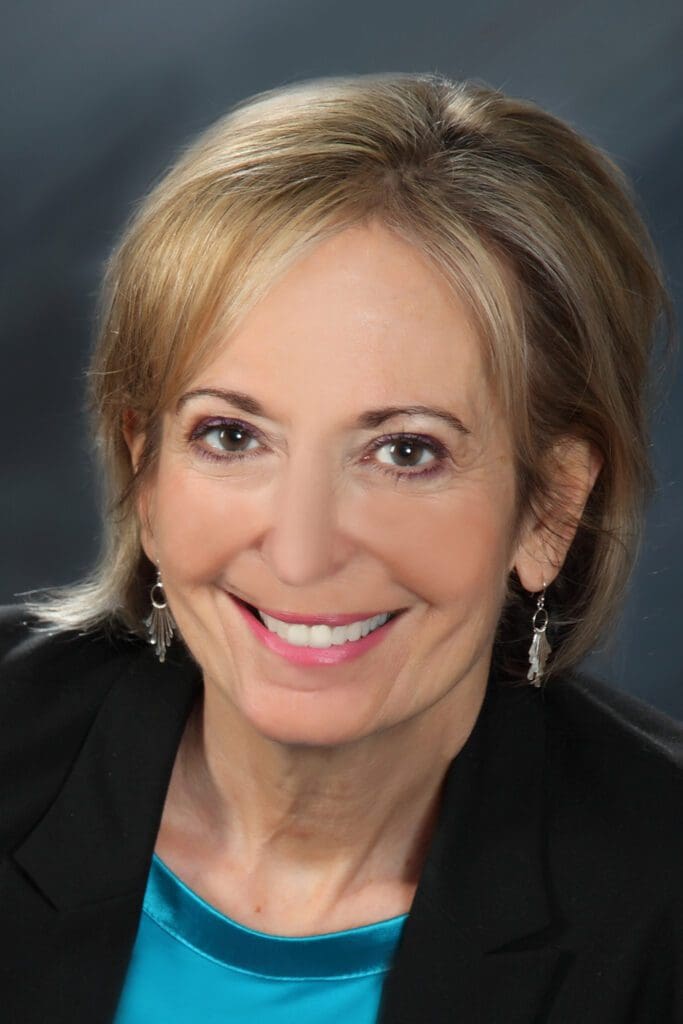Search Posts
Recent Posts
- Real Estate in RI: Seaside waterfront communities are all the rage. Who’s buying – Emilio DiSpirito June 6, 2025
- Outdoors in RI: 2A votes, Charter Yachts, active summer programs, garden tours, aquatic weeds… June 6, 2025
- All About Home Care, with two Rhode Island locations, closing after 22 years in business June 6, 2025
- GriefSPEAK: Angel wings with footprints – Mari Nardolillo Dias June 6, 2025
- Rhode Island Weather for June 6, 2025 – Jack Donnelly June 6, 2025
Categories
Subscribe!
Thanks for subscribing! Please check your email for further instructions.

Trust your Brain Fog – Donna Rustigian Mac
by Donna Rustigian Mac
Still experiencing brain-fog? Respect this is still a time of great uncertainty. After all, the Covid pandemic history books are being written.
Still experiencing some brain-fog, Zoom fatigue, and ‘pandemic paralysis’? If so, you are not alone. The beaches may be open but as the world (at least in the United States) opens up too, you may find you’re still feeling foggy, a little dazed, and overly stressed, as you move into your ‘new normal’.
If you’re still experiencing the fog that has hovered over us for well over a year, just take notice. Don’t automatically assume there’s something terribly wrong. Instead, recognize how you’re feeling and respect this is still a time of great uncertainty. After all, the Covid pandemic history books are being written.
You could try to figure all of this out OR, you might consider taking a step back, and trusting your senses (physical senses and intuition) to guide you over the next weeks and months.
Mindfulness and becoming mindfully aware of how you are feeling and what you’re thinking about is the new frontier. “There are great benefits of taking time to become curious”, says every brilliant mindful practitioner I’ve ever met!
If you are well-aware that your stress level is higher than you’d like, and that ‘fog’ continues to permeate, here are a few things you can consider as the ‘summer after the great pandemic’ unfolds:
- Awareness, or mindfulness, of how you are feeling (physically and emotionally) is key to becoming proactive when dealing with higher levels of stress. It’s vital to take time throughout the day (small moments, many times), to check in with yourself instead of operating on ‘auto-pilot’.
- Attune yourself (become mindfully aware) to how the people around you are doing. This will help you become more present. It will also help you get out of that ‘busy brain’ as you focus on the welfare of others. As you attune to them, try not to rush to judgement. Instead, consider getting even more curious; listen deeply; make connection; take note.
- Ask more questions of yourself and others. As Adam Grant, American professor of Psychology at the Wharton School at the University of Pennsylvania says, “There’s power in knowing what you don’t know.” He also suggests you “Embrace the discomfort of doubt”, especially in these times when we have little or no control of so much. The world is changing at an unprecedented pace, and he says it’s vital we “question our beliefs more readily than ever before”.
- Be Ok with not being Ok. You may struggle with ambiguity or moving too quickly into in-person interactions. Some relationships may already have been stress inducing pre-pandemic, so having to reintroduce yourself to these situations can seem all the more challenging now. But trust yourself. Trust how you’re feeling and the fact that no one has all the answers. But you have yours.
As masks come off and doors open, by all means head outside. Reenter slowly if you think you should. Unplug and check in with yourself often. Tune into your senses because as renowned psychiatrist and neuroscientist, Dr. Judson Brewer of the Mindfulness Center at Brown University reminds us, our brains do not have sensory perception. It’s our bodies that communicate!
_____

Donna Rustigian Mac is the Founder and President of iVoice Communication, a company dedicated to creating Healthy Human Connections through 21st century business communication skills. She trains current and emerging leaders to create new, healthier communication practices so they can become more connected, influential and speak with confidence. She is an executive communication coach, workforce trainer and motivational speaker who helps you master complex presentations and crucial conversations.
In addition to 30+ years in the communication industry (corporate media, digital media), Donna is a certified mindfulness teacher with an ongoing practice with the Mindfulness Center at Brown University. Her undergraduate degree is in Liberal Arts and Humanities. She has studied Organizational and Social Psychology at Lesley University in Cambridge, MA, with Tara and Daniel Goleman (Emotional Alchemy and Emotional Intelligence). From 2003-2009 she partnered with Clear Channel Communications as host of Vital Women Radio, and she had a long partnership with the oldest speech communication company in the country. Donna is the author of Guide to a Richer Life, Know Your Worth, Find Your Voice and Speak and the creator of The Six Pillars of Mindful Communication.
